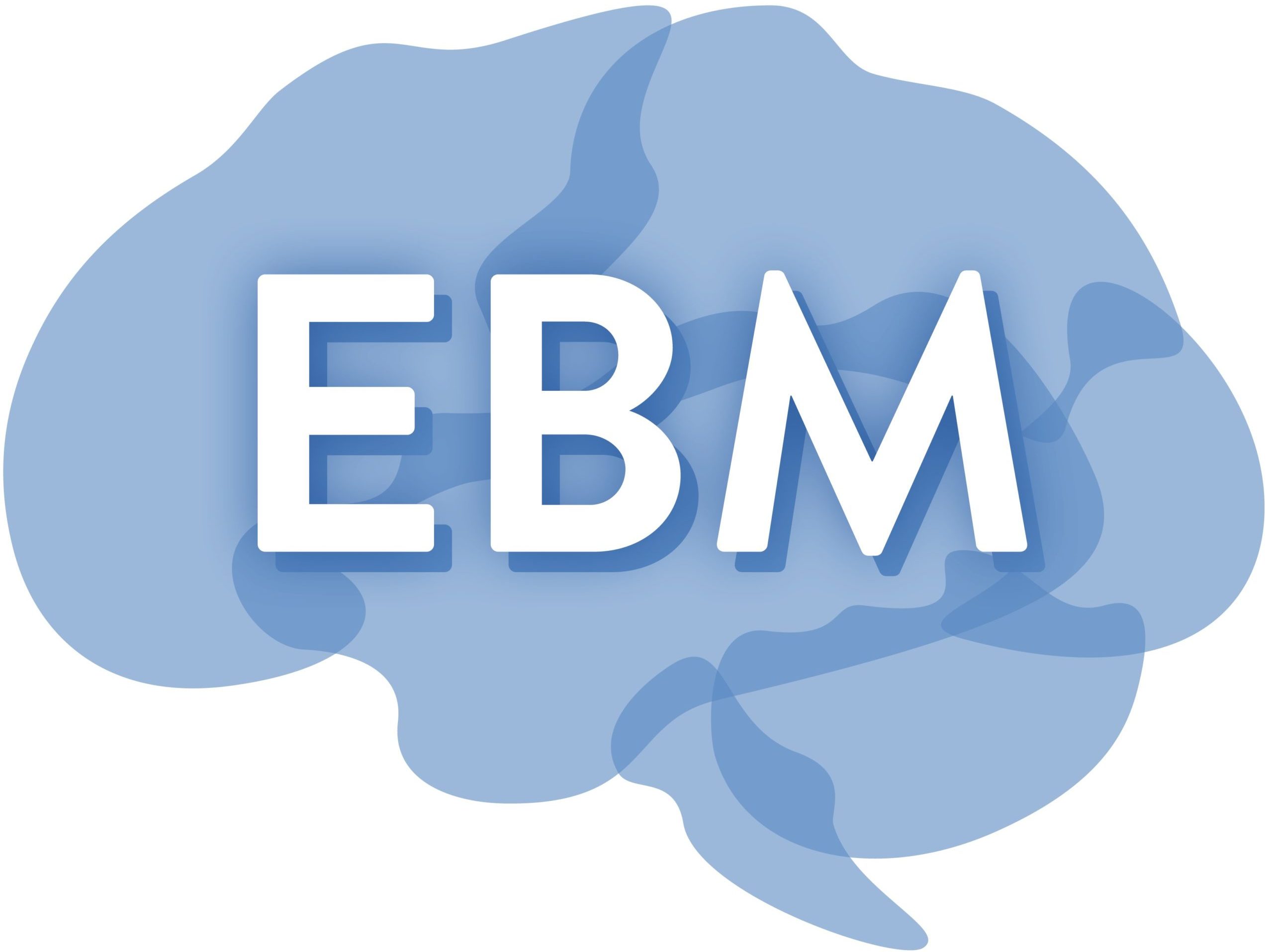X01: Model-based reconciliation of ex vivo and in vivo test data
X01 targets the long-standing problem of contradicting results regarding the mechanical properties of ultrasoft matter such as brain tissue when using different ex vivo and in vivo testing techniques. We aim at reconciling the results obtained from different measurement techniques within EBM including MRI, MRE, vibration tests, rheometry, indentation, and AFM. These methods individually provide mechanical, in particular viscoelastic, and biophysical parameters on different time and length scales under different physiological conditions. Our underlying hypothesis is that we can establish a continuum based model, which enables unifying the different experimentally observable regimes of the complex cerebral tissue response in vivo and ex vivo. To this end, we will substitute traditional simplifying modelling assumptions by a fully nonlinear poro-visco-elastic modelling paradigm, also enhanced by taking into account the effect of vascularisation. Using cutting-edge inverse material parameter identification by computationally simulating the various testing procedures, thereby taking into account the pertinent initial and boundary conditions, we will establish a robust identification approach to unify the information from different testing techniques. The model will be calibrated and validated with experimental data obtained in dedicated phantom materials with specific visco-elastic and poro-elastic properties, animal brain tissue specimens, and in vivo brain of mice and humans. Thus, we can for the first time use ex vivo mechanical parameters harvested from different testing modalities to explain the in vivo behaviour of the human brain. Our long-term vision is to predict disease-induced cerebral (poro-)visco-elastic property changes based on mechanical testing methods.
Project leaders: Dr. rer. nat. Jing Guo/Prof. Dr. rer. nat. Ingolf Sack, Prof. Dr.-Ing. habil Paul Steinmann, Prof. Dr.-Ing. habil. Kai Willner
Positions: 2 doctoral researchers, 1 postdoctoral researcher
